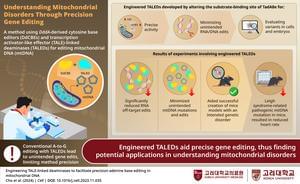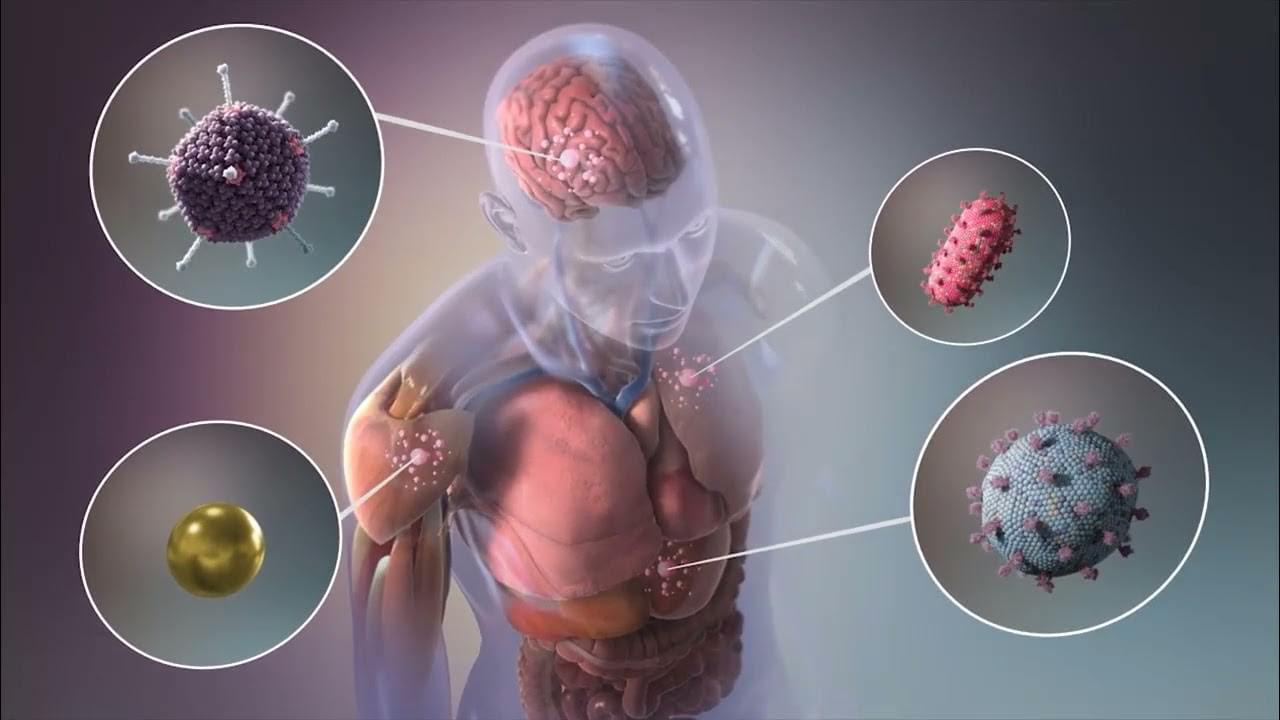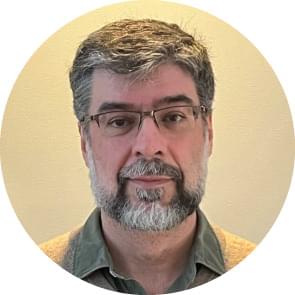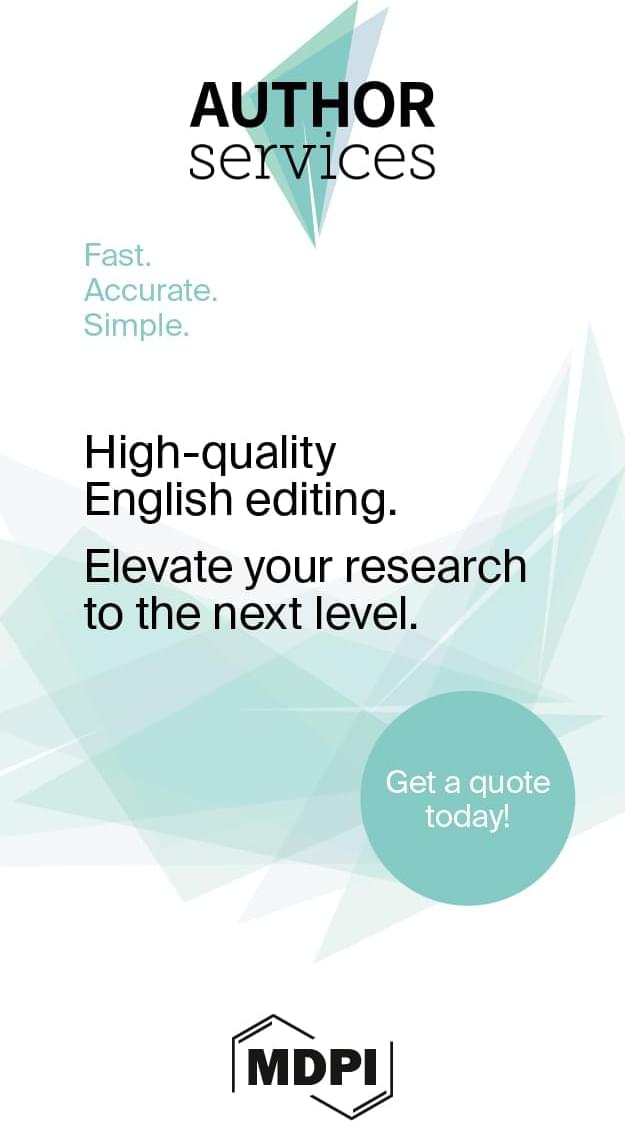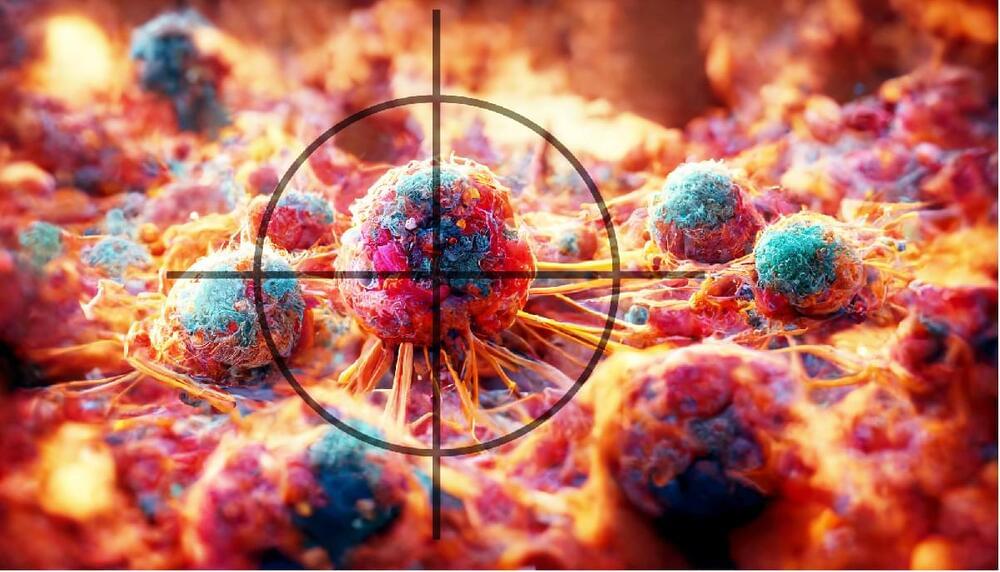Feb 23, 2024
Korea University study explores a novel and precise mitochondrial gene editing method
Posted by Dan Breeden in categories: bioengineering, biotech/medical, genetics
Gene editing technology could revolutionize the treatment of genetic diseases, including those that affect the mitochondria—cell structures that generate the energy required for the proper functioning of living cells in all individuals. Abnormalities in the mitochondrial DNA (mtDNA) could lead to mitochondrial genetic diseases.
Targeted base editing of mammalian mtDNA is a powerful technology for modeling mitochondrial genetic diseases and developing potential therapies. Programmable deaminases, which consist of a custom DNA-binding protein and a nucleobase deaminase, enable precise mtDNA editing.
There are two types of programmable deaminases for genome editing: cytosine base editors and adenine base editors, such as DddA-derived cytosine base editors (DdCBEs) and transcription activator-like effector (TALE)-linked deaminases (TALEDs). These editors bind to specific DNA sites in the mitochondrial genome and convert bases, resulting in targeted cytosine-to-thymine (C-to-T) or adenine-to-guanine (A-to-G) conversions during DNA replication or repair. However, the current gene editing approaches have many limitations, including thousands of off-target A-to-G edits while using TALEDs.
